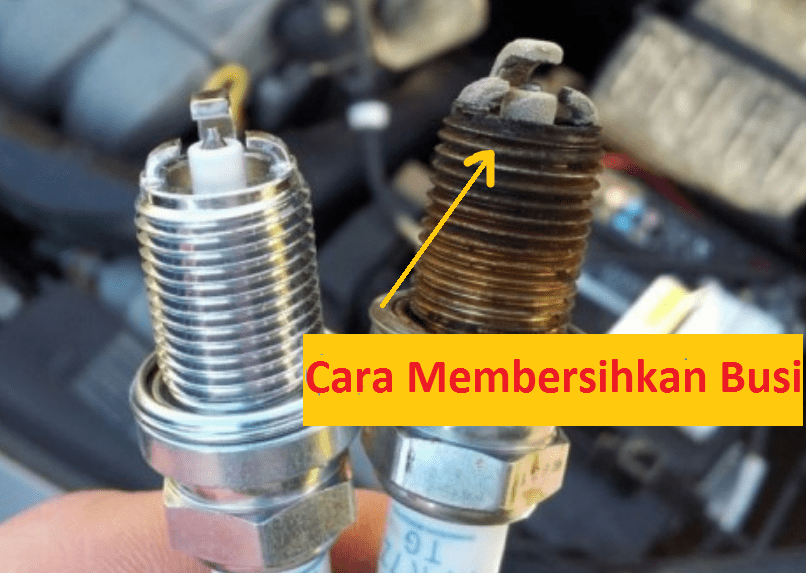Malesbaca.com – Keeping spark plugs clean is an important step to ensure optimal ignition and combustion. When spark plugs are dirty or covered in carbon deposits, it can reduce engine performance, increase fuel consumption, and even make your vehicle hard to start. That’s why it’s essential to clean your spark plugs regularly, whether during routine service or when you start noticing signs of weak spark. Here’s how to clean spark plugs properly for both cars and motorcycles.
Many people overlook spark plug cleanliness until their vehicle starts having issues. In fact, cleaning spark plugs is simple if done correctly.
With the right tools, you can remove grime and buildup without damaging the spark plug itself. Follow these step-by-step methods to clean your spark plugs effectively.
Daftar Isi:
How to Clean Spark Plugs for Cars and Motorcycles
1. Take Note of Spark Plug Wire Positions
Before removing the spark plugs, be sure to note the position of the spark plug wires, especially in cars. If this is your first time, take a picture or write down the wire sequence so you don’t reconnect them incorrectly.
2. Prepare the Necessary Tools
To clean spark plugs, you’ll need the following tools:
- Spark plug wrench (sizes 14, 16, 19, or 21 depending on your vehicle)
- Fine sandpaper
- Wire brush or steel wire brush
- Air compressor or compressed air
- Feeler gauge (if you want to adjust the spark plug gap precisely)
3. Remove the Spark Plugs from the Engine
Use a spark plug wrench to remove the plugs by turning counter-clockwise. Be gentle to avoid damaging the threads on the cylinder head.
4. Clean the Spark Plug Exterior
Use fine sandpaper to clean off the carbon deposits and grime on the outer part of the plug. Make sure all dirt is completely removed to maintain peak performance.
5. Clean the Electrode Gap
Use a wire brush to remove any dirt or residue stuck in the electrode gap. If you don’t have a wire brush, you can make a DIY version using a wire taken from an old throttle or clutch cable.
6. Use Compressed Air
After brushing, use compressed air to blow away any remaining dust or debris. Make sure the spark plugs are completely clean before reinstalling.
7. Do Not Soak Spark Plugs in Gasoline
Avoid soaking spark plugs in gasoline unless they’re covered in oil. Soaking them for too long can make them damp and disrupt the ignition system.
How to Adjust Spark Plug Gap After Cleaning
After cleaning, it’s important to readjust the spark plug gap according to your vehicle’s specifications. Here’s how to do it:
1. Use a Feeler Gauge
For best accuracy, use a feeler gauge to measure the electrode gap. The ideal gap is typically between 0.80 – 0.90 mm depending on manufacturer recommendations.
2. Use “Feel” If You Don’t Have a Gauge
If you don’t have a feeler gauge, you can estimate the gap based on how it looked when the spark plug was new. Just make sure the gap isn’t too wide or too narrow.
3. Reinstall the Spark Plugs Properly
After adjusting the gap, reinstall the spark plugs and tighten them using a spark plug wrench. Be careful not to overtighten, as this could damage the cylinder head threads.
By cleaning and adjusting your spark plugs regularly, you’ll improve your vehicle’s ignition, maintain engine performance, and save on fuel. Whether for your car or motorcycle, this maintenance step can go a long way in keeping your engine running smoothly.
